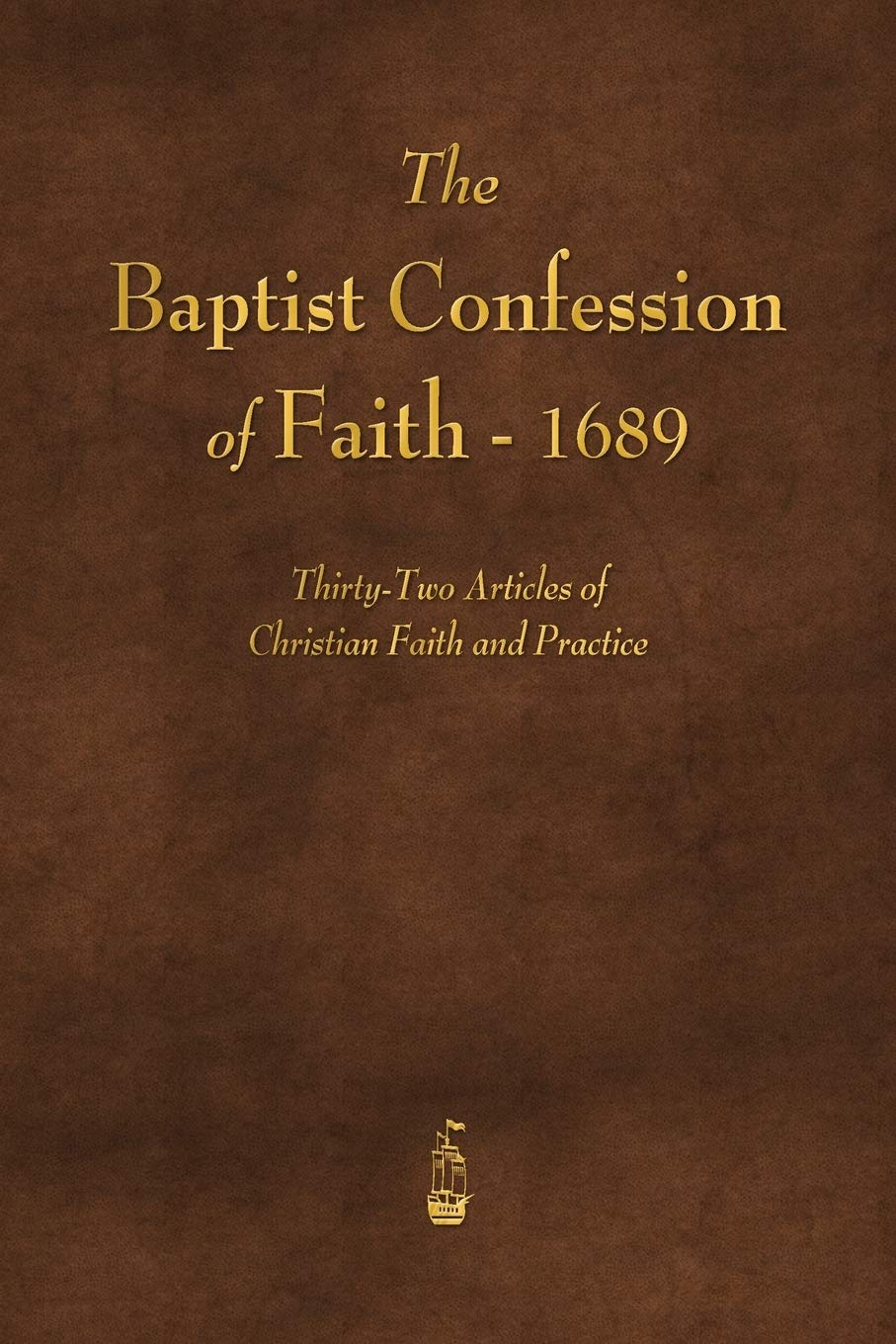This won’t be a very long post (depends on who you ask), but it might be one of the most important ones I have written. Recently our church adopted the London Baptist Confession of 1689 (2LBC) as our church’s doctrinal statement. As the senior pastor, I have been looking for ways to teach it, incorporate it into the life of the church, and use it for the greatest impact. Not having grown up in a confessional church, not having studied at a confessional (ecclesiastical) seminary, I have had very little experience with confessions.
My closest connection to confessions has been (1) an older brother who pastors in an Orthodox Presbyterian Church and (2) writing a dissertation about a seventeenth-century Presbyterian minister (James Owen).
Lately I have been reading various Reformed confessions and works about confessions, both journal articles and books. I have been doing a lot of thinking about confessions and catechisms, pastors and churches. Here are some quick, non-technical, raw observations:
First, using the confession(s) has been liberating. Although I have studied systematic theology and used a variety of texts to understand doctrine, I have never before had a thorough doctrinal statement to which I have submitted. Yes, of course, I have by God’s grace always wanted to submit to the Word of God itself, the Bible. But, let’s be honest, in a non-confessional setting, submitting to the Word of God itself often means submitting to my own interpretation of the particular passages I am thinking about at the moment. The level of authority of pastors and elders in such settings is dangerous—and for one who desired to submit to the Lord and was well-aware of his own inadequacies, this setting was suffocating. The fear of wrongly dividing the word or failing to teach the whole counsel of God felt like an impossible burden that I was made to carry myself.
But when you stand with God’s people who both throughout history and throughout the world confess the same historic Christian faith, when you have a clear doctrinal standard that comes from the Word of God standing above you, the accountability is truly freeing. No longer do I feel like I am carrying this burden alone (it is still a weighty responsibility to teach God’s Word!), now I feel like I have not just scholars but churchmen alongside of me, as together we serve the church of Christ, our Lord and Master.
Second, using confessions has been humbling. God has been faithful to His church. He has raised up godly men to lead well throughout history and today we reap the benefits of our Lord’s love for the elect. This includes the divines who so clearly articulated the Biblical faith and were able to codify with precision the weightiest Gospel truths. Often I read the confessions and find angles and perspectives I would never have considered but for the wisdom of these men who came before. Collectively, the Biblical insight of God’s people expressed in these confessions is so much richer, deeper, and more mature than what I alone, though aided by the Holy Spirit, could hope to offer.
Finally, using confessions has been, simply put, helpful. The confessions and catechisms that often go along with them are wonderful teaching tools. Verse by verse exposition is very important but our people also need to understand the big picture, the story of creation, fall, redemption, and glory. It is possible to exposit text after text without covering key doctrines and covering them well. Paul tells Timothy to “follow the pattern of sound words that you have heard from me (2 Timothy 1:13).” Confessions offer just that, a pattern of sound words that we can teach our congregations and entrust to faithful men to pass along to others.
Confessions provide accountability and protect the congregation; they point to the authority of God’s Word and away from any false authority man might want to usurp.
I am so grateful that the Lord has directed our church this way but must admit some remorse of only recently arriving here. The good news, of course, is that, like the confession says, “whatever happens to any of His elect happens by His appointment, for His glory and for their good (2LBC 5:5).” All I can say is amen to that.


One reply on “Confessions of One Who Just Learned the Value of Confessions”
Adopting the Baptist Confession of Faith is a wise decision, and the reasoning behind it is laid out beautifully on this page.
https://www.magnifychrist.org/2021/08/confessions-of-one-who-just-learned-the-value-of-confessions/